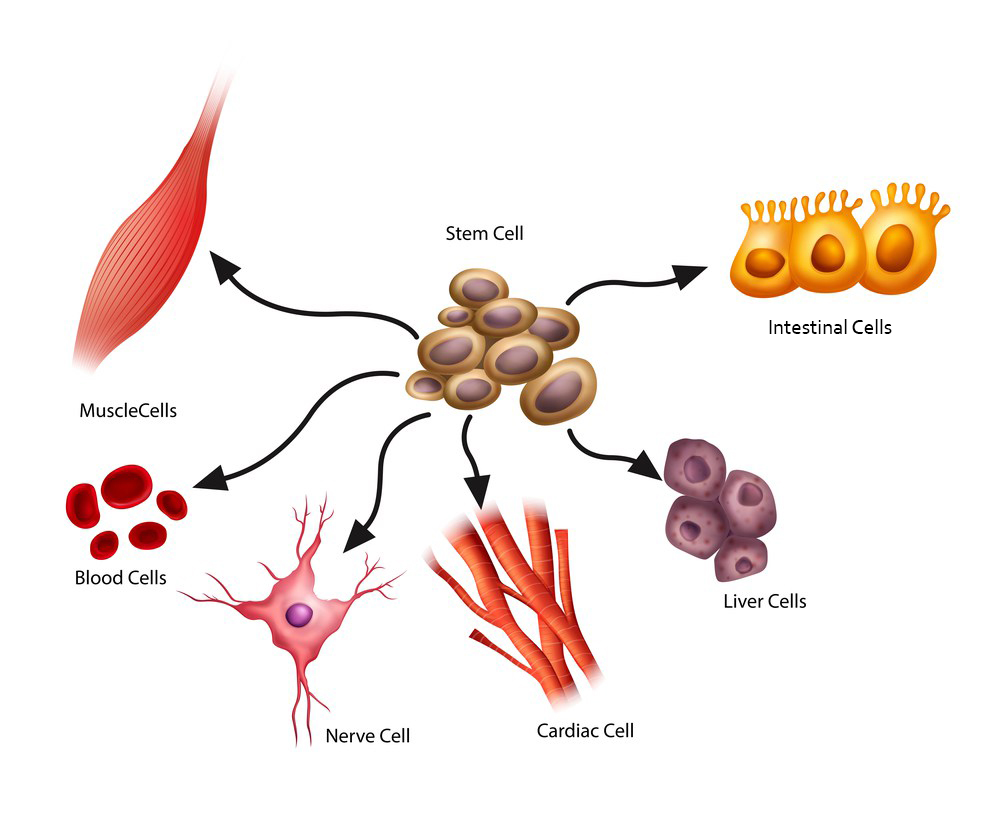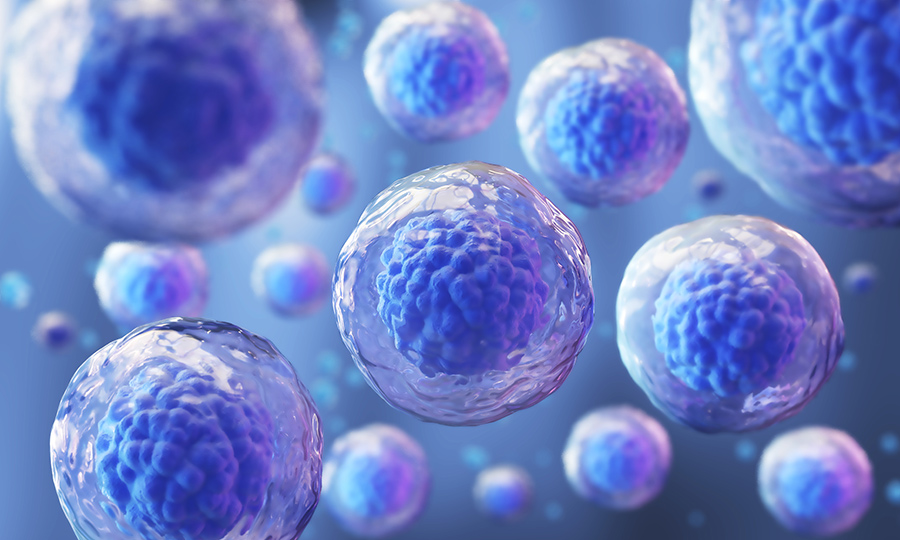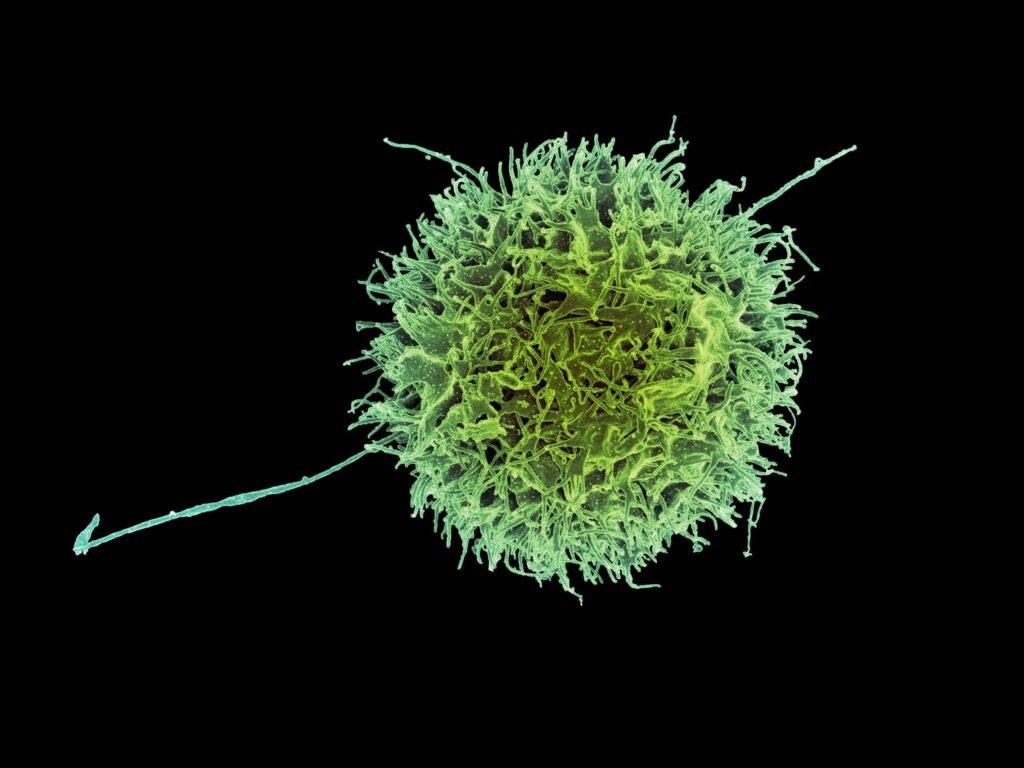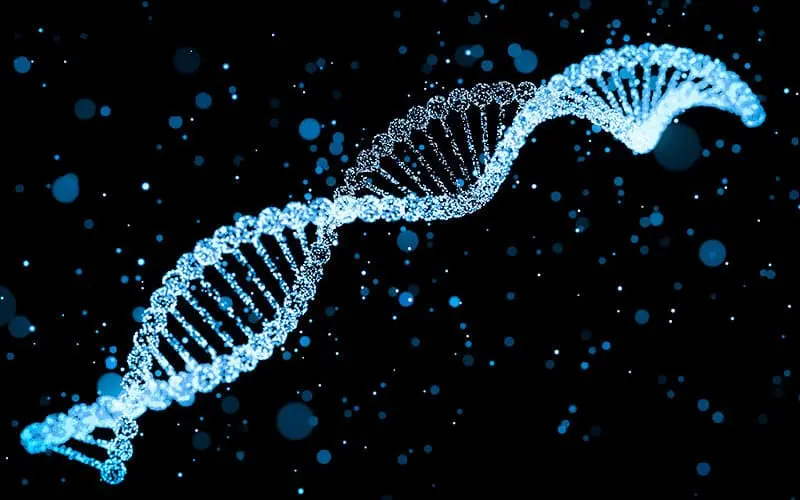Explore our services below.

Harness the power of Mesenchymal Stem Cells (MSC) derived from umbilical cords. These cells have shown remarkable potential in supporting various aspects of health. With our therapy, you can benefit from their unique properties, promoting overall well-being.
These extraordinary cells are renowned for their adaptability in promoting different facets of health, such as tissue regeneration, immune system balancing, and anti-inflammatory properties.The use of umbilical cord-derived MSCs offers a unique advantage due to their youthful and adaptable nature, making them highly effective in regenerating damaged or aging tissues. MSC is administered through minimally invasive procedures, this therapy provides a simple and painless experience for our patients.
Discover the benefits of Mesenchymal Stem Cells (MSC) sourced from adipose tissue, also known as fat-derived MSCs. Our adipose-derived MSCs are obtained from healthy donors and undergo advanced biotechnological processing to ensure the highest quality and safety.
You have the option to choose a donor whose values align with your beliefs, ensuring a personalized and ethical approach to your treatment. Adipose-derived MSCs are highly regenerative and can address a range of health concerns. This therapy is not only effective but also versatile in its application.
Our Natural Killer (NK) Cell Therapy is a revolutionary approach to bolstering your immune system, promoting overall vitality, and fighting diseases. Natural Killer cells are specialized immune cells that play a pivotal role in identifying and neutralizing harmful pathogens and abnormal cells in the body.
How Natural Killer Cell Therapy Works:
Discover the benefits of Mesenchymal Stem Cells (MSC) sourced from adipose tissue, also known as fat-derived MSCs. Our adipose-derived MSCs are obtained from healthy donors and undergo advanced biotechnological processing to ensure the highest quality and safety.
You have the option to choose a donor whose values align with your beliefs, ensuring a personalized and ethical approach to your treatment. Adipose-derived MSCs are highly regenerative and can address a range of health concerns. This therapy is not only effective but also versatile in its application.

Discover the benefits of Mesenchymal Stem Cells (MSC) sourced from adipose tissue, also known as fat-derived MSCs. Our adipose-derived MSCs are obtained from healthy donors and undergo advanced biotechnological processing to ensure the highest quality and safety.
You have the option to choose a donor whose values align with your beliefs, ensuring a personalized and ethical approach to your treatment. Adipose-derived MSCs are highly regenerative and can address a range of health concerns. This therapy is not only effective but also versatile in its application.

Our Natural Killer (NK) Cell Therapy is a revolutionary approach to bolstering your immune system, promoting overall vitality, and fighting diseases. Natural Killer cells are specialized immune cells that play a pivotal role in identifying and neutralizing harmful pathogens and abnormal cells in the body.
How Natural Killer Cell Therapy Works:


Address diabetic nephropathy and enhance renal function with MSC.
Mesenchymal stem cell (MSC) therapy has shown promise in the treatment of kidney diseases for several reasons:
1. Immunomodulation: MSCs have immunomodulatory properties, which can help reduce inflammation and immune system responses that contribute to kidney damage.
2. Anti-inflammatory effects: MSCs can release anti-inflammatory molecules that may protect the kidney from further damage.
3. Renal tissue repair: MSCs have the potential to differentiate into various cell types, including those found in the kidney, which may aid in tissue repair and regeneration.
4. Reduction in fibrosis: MSCs may help reduce the development of kidney fibrosis, a common complication in many kidney diseases.
5. Enhanced blood vessel formation: MSCs can promote angiogenesis, improving blood supply to the kidney and potentially supporting its function.

Combat ischaemic cardiomyopathy and promote cardiac repair for a healthier heart.
1. Cardiac tissue repair: MSCs have the ability to differentiate into cardiac-like cells and support the regeneration of damaged heart tissue, potentially improving heart function.
2. Anti-inflammatory effects: MSCs can reduce inflammation in the heart, which is a common response to injury or disease, and may help protect cardiac cells.
3. Angiogenesis: MSCs can stimulate the formation of new blood vessels (angiogenesis), improving blood supply to the heart and potentially enhancing its function.
4. Reduction of scar tissue: MSCs may help minimize scar tissue formation in the heart, which can negatively impact cardiac function after injury.
5. Immunomodulation: MSCs have immunomodulatory properties that can modulate the immune response and reduce inflammation, potentially benefitting heart health.

Improve outcomes post-ischemic stroke through enhanced neural repair mechanisms.
1. Neuroprotection: MSCs have been shown to have neuroprotective properties, which can help safeguard existing neurons and prevent further damage.
2. Neuroregeneration: MSCs can promote the generation of new neurons and neural connections, which may aid in repairing damaged brain tissue.
3. Anti-inflammatory effects: MSCs have the ability to reduce inflammation in the brain, which is often associated with various neurological conditions.
4. Immunomodulation: MSCs can modulate the immune response in the brain, potentially mitigating autoimmune responses or inflammation associated with conditions like multiple sclerosis.
5. Support for neurodegenerative diseases: MSC therapy is being explored as a potential treatment for neurodegenerative disorders, such as Alzheimer's and Parkinson's disease, where the focus is on slowing disease progression and improving quality of life.

Rejuvenate liver function, enhance metabolism, and stabilise hemodynamic parameters.
1. Liver regeneration: MSCs can promote the regeneration of damaged liver tissue, potentially improving liver function and aiding recovery from injuries or diseases.
2. Anti-inflammatory effects: MSCs have anti-inflammatory properties that can help reduce liver inflammation associated with conditions like hepatitis or cirrhosis.
3. Fibrosis reduction: MSCs may assist in reducing the development of fibrosis in the liver, which is a common complication of chronic liver diseases.
4. Immunomodulation: MSCs can modulate the immune response in the liver, which may be beneficial for autoimmune liver disorders like autoimmune hepatitis.
5. Support for liver transplantation: MSC therapy is being explored as a way to enhance the success of liver transplants and reduce rejection rates.

Diabetes management with MSC-induced insulin-secreting cell regeneration.
1. Beta cell regeneration: MSCs can potentially differentiate into insulin-producing beta cells, which are often damaged or reduced in conditions like type 1 diabetes.
2. Immunomodulation: MSCs have immunomodulatory properties that can help regulate the immune response, reducing autoimmunity in type 1 diabetes and inflammation in type 2 diabetes.
3. Anti-inflammatory effects: MSCs can reduce inflammation in the pancreas, which can contribute to pancreatic damage in various conditions.
4. Support for islet transplantation: MSCs are being explored to improve the success of islet cell transplants, a potential treatment for type 1 diabetes.
5. Tissue repair: MSCs may contribute to the repair and regeneration of damaged pancreatic tissue, supporting overall pancreas function.

Modulate immune responses and promote lung tissue repair for respiratory health.
1. Anti-inflammatory effects: MSCs can reduce inflammation in the lungs, which is beneficial for conditions like acute respiratory distress syndrome (ARDS) and chronic obstructive pulmonary disease (COPD).
2. Immunomodulation: MSCs have immunomodulatory properties that can help regulate the immune response in the lungs, potentially reducing autoimmunity and inflammation.
3. Tissue repair and regeneration: MSCs can contribute to the repair and regeneration of damaged lung tissue, improving lung function and aiding recovery from injuries or diseases.
4. Support for lung transplantation: MSC therapy is being explored to enhance the success of lung transplants and reduce the risk of rejection.
5. Reduction in fibrosis: MSCs may help reduce the development of pulmonary fibrosis, a common complication in various lung diseases.

Regulate immune responses, promote tissue repair, and combat inflammatory diseases.
1. Inflammation reduction: MSCs have anti-inflammatory properties and can help modulate the immune response in the intestines. This can be particularly useful in conditions like inflammatory bowel disease (IBD).
2. Tissue repair: MSCs may contribute to the repair of damaged intestinal tissue, aiding recovery from injuries, ulcers, or conditions like Crohn's disease.
3. Immune system regulation: MSCs can help regulate the immune system in the intestines, potentially reducing autoimmune responses in conditions like IBD.
4. Fibrosis prevention: MSCs have the potential to reduce the development of fibrosis in the intestines, which can be a complication in various intestinal diseases.
5. Support for tissue transplantation: MSC therapy is being explored as a way to support the success of intestinal tissue or organ transplants.

Mesenchymal Stem Cell (MSC) therapy is an area of active research therapy is an area of active research for the treatment of cerebral palsy (CP), a group of neurological disorders that affect movement and posture. While the full benefits and long-term effects are still being studied, MSC therapy for cerebral palsy holds several potential benefits, including:

MSCs are valued for their ability to address inflammation and they rarely provoke significant immune responses in recipients. Although some patients develop low-level antibodies against donor MSCs, this usually has minimal impact, ensuring a strong safety record, especially in pediatric conditions like Autism and Cerebral Palsy.
Is Cellular therapy safe?
Yes. Our cellular therapy is considered safe and effective. You must seek treatment from a qualified medical doctor team like us who are experienced to offer cellular therapy in order to deliver the best outcome of the treatment.
©2023. Celgen Biolab Academy. All Rights Reserved.